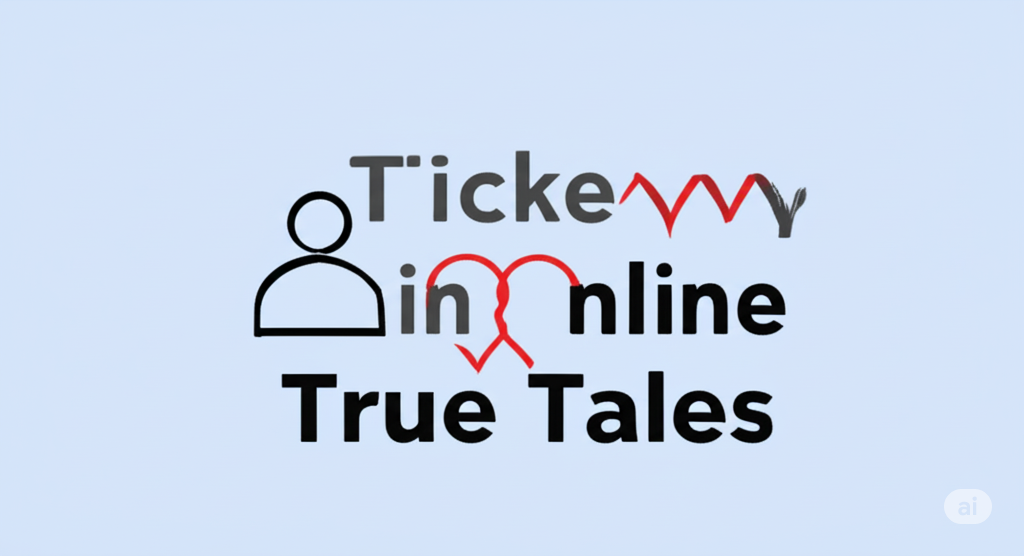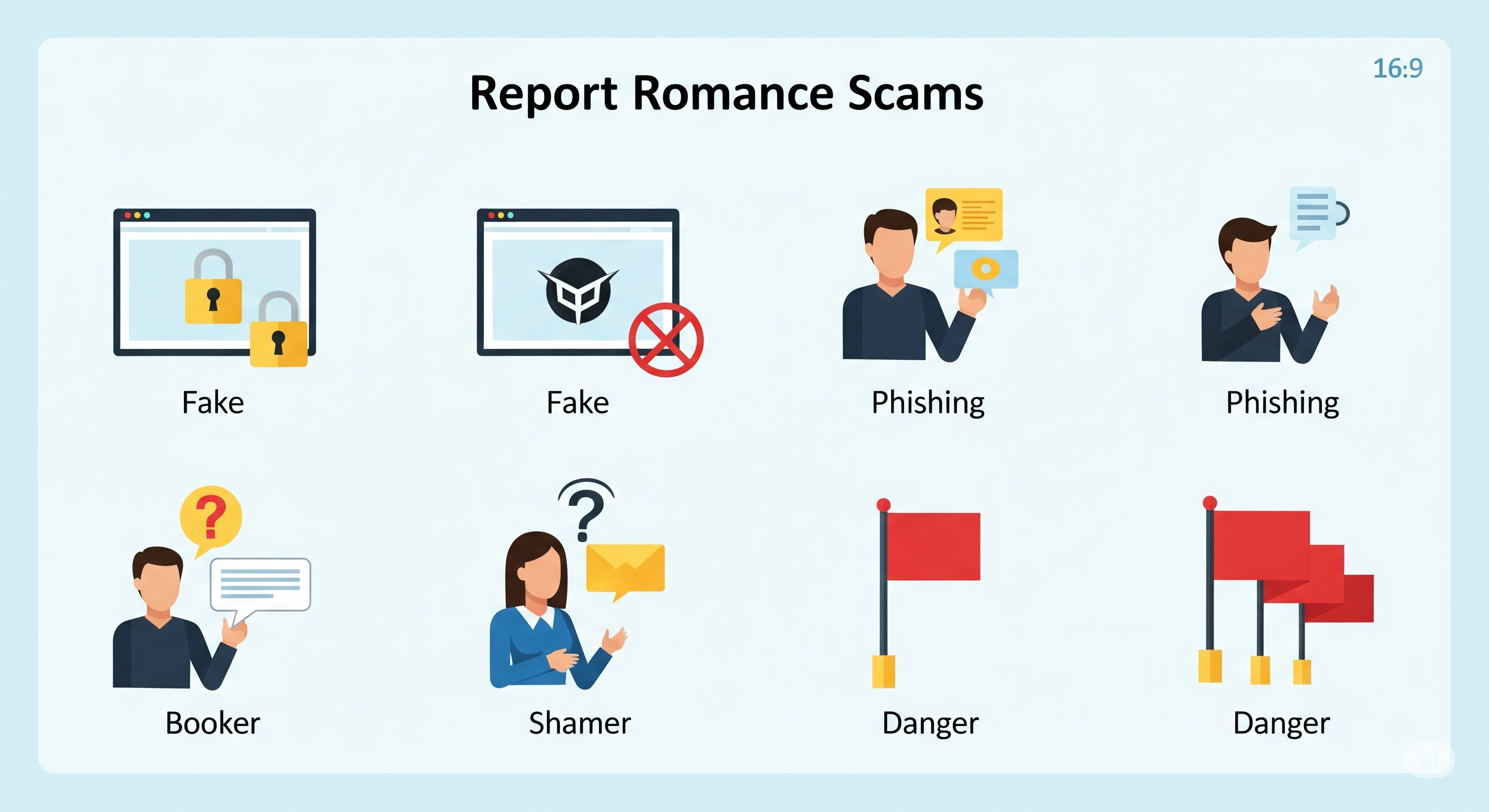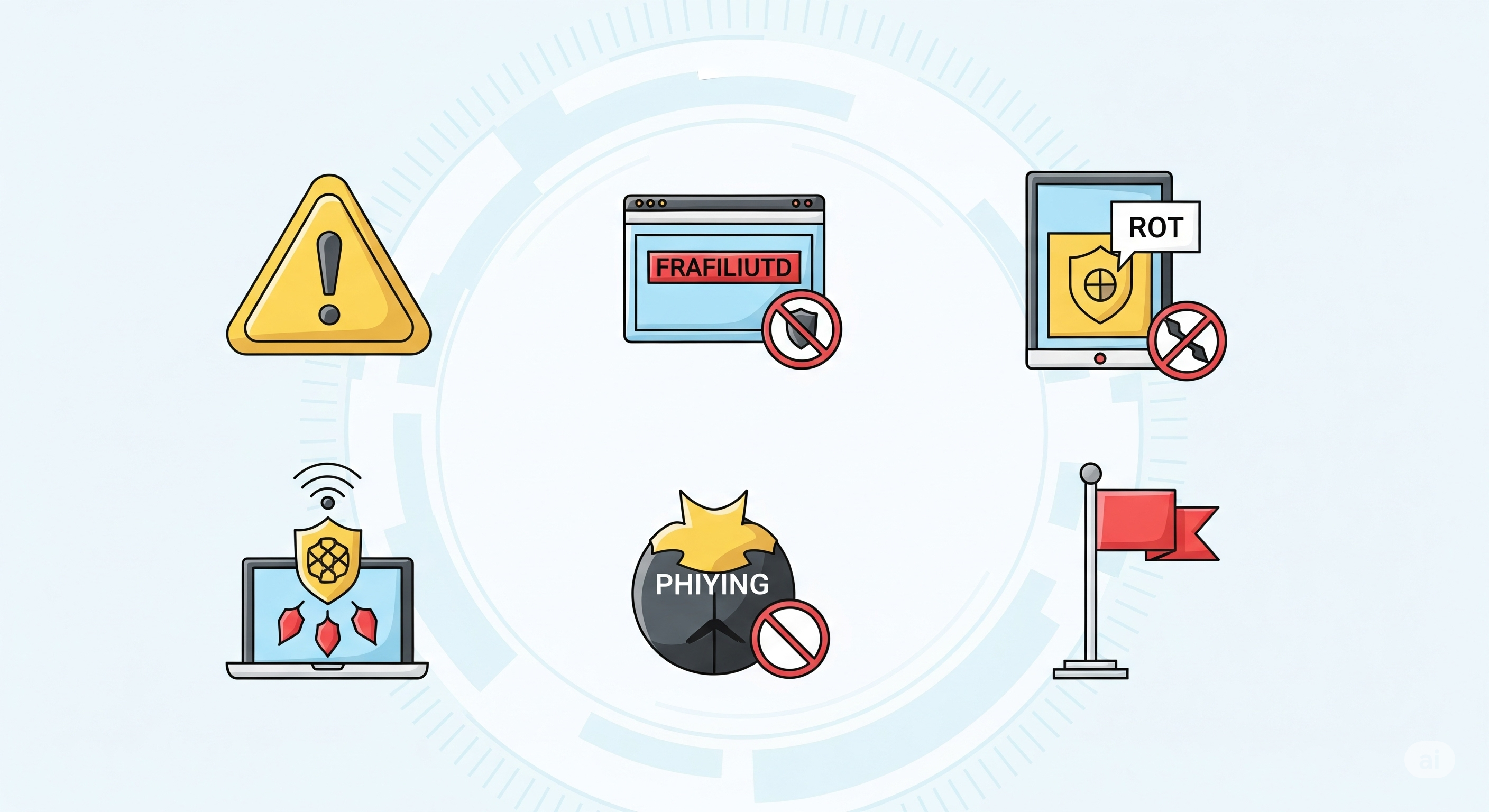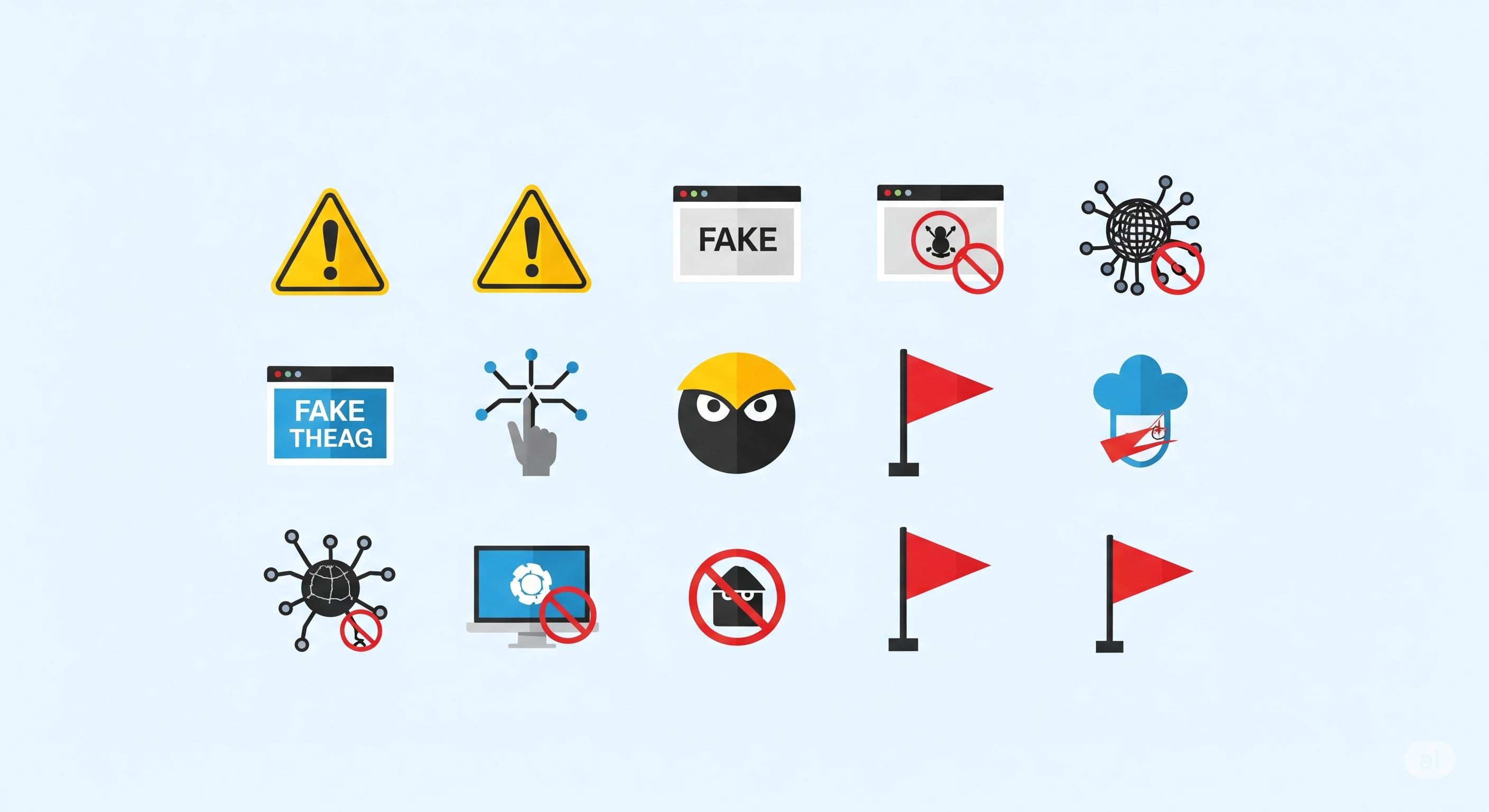Tips & Support
Scammers Quick Shift to Messaging
Scammers Quick Shift to Messaging
By Admin
Related Topics

Tricked by Online Love True Tales
In today s world where everything is so connected finding love online is as usual as shopping or banking online......
Read More

Why More Choices Mean Less Clarity
Having additional alternatives may seem like a luxury in a digital world full with goods services and subscription plans nbsp......
Read More

Love Bomb Then Ghost
It s common to interact with people online these days but it also opens the door to new kinds of......
Read More

Report Romance Scams
Romance scams are among of the most hurtful and costly types of online fraud nbsp Every year hundreds of people......
Read More

Tricked by Online Love True Tales
In today s world where everything is so connected finding love online is as usual as shopping or banking online......
Read More
Why More Choices Mean Less Clarity
Having additional alternatives may seem like a luxury in a digital world full with goods services and subscription plans nbsp......
Read More
Love Bomb Then Ghost
It s common to interact with people online these days but it also opens the door to new kinds of......
Read More
Report Romance Scams
Romance scams are among of the most hurtful and costly types of online fraud nbsp Every year hundreds of people......
Read More


